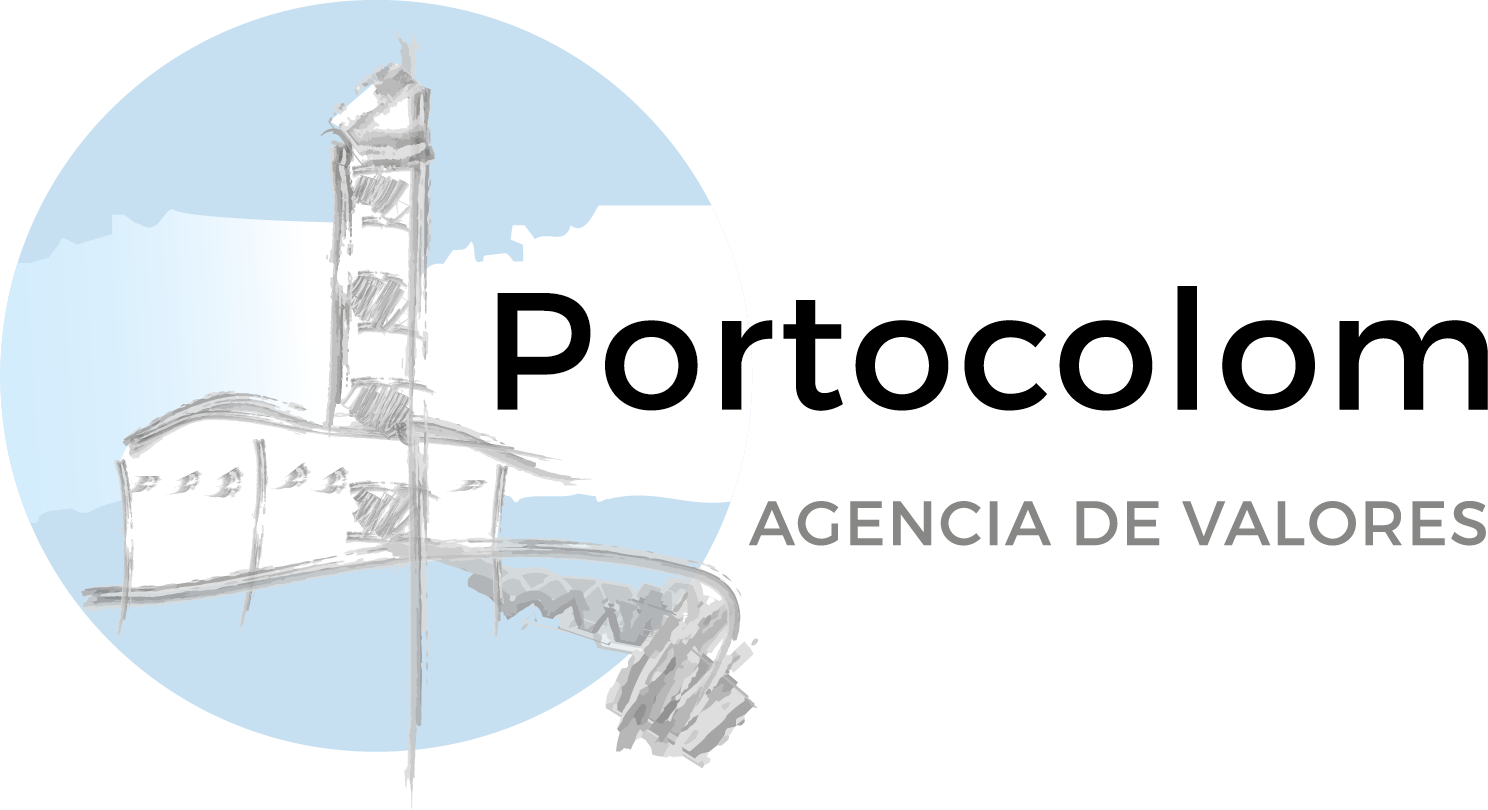Economic Evolution and Rising Inequality
4 de junio 2024
Topic of the Week
A recent UN report warned about the increase in inequalities in the world. Year after year, the number of the richest people on the planet (2,781 billionaires, 0.000035% of the world’s population) is growing, and they are also becoming increasingly rich (the 1% of the world’s population owns approximately 46% of wealth), which contrasts with the number of people living in extreme poverty (an estimated 700 million people, 9.2% of the world’s population, live on less than $2.15 a day). The increase in conflicts, the rise of populisms, or the possible negative effects of the artificial intelligence revolution mean that, on many occasions, the forecasts are not very optimistic, but will these forecasts come true? Perhaps, if we take a brief review of recent history we can get some light on what might happen in the future.
The Industrial Revolution that began in the 18th century and continued into the 19th century already created a gap between factory owners, who saw their incomes increase significantly, and workers, which in turn led to an increase in inequality between social classes and between urban and rural areas, as well as favored discrimination by gender and age, through the exploitation of children and women in factories. But it is no less true that the Industrial Revolution promoted the incorporation of women into the workforce, originated labor movements and many other movements, which promoted equal rights before the law and which, later, helped to reduce these inequalities and that, in general, the economic and social conditions of society improved compared to the conditions prior to the revolution.
Already in the 20th century, globalization and neoliberalism promoted the integration of markets and economies at a global level, favoring the free flow of capital and goods and services, as well as deregulation and privatization, which led to an increase in inequalities that occurred due to deindustrialization and the concentration of wealth in developed countries, the increase in the income gap between different countries and sectors (with sectors such as technology or finance grouping a large part of income), the concentration of power in large corporations to the detriment of small ones, the increased risk of financial crises in smaller or less developed countries, etc. But it is also true that these changes facilitated economic growth and poverty reduction, the transfer of technology and knowledge to countries to which it would have previously been unthinkable, greater international cooperation, etc.
Also in the 20th century, the digital revolution favored the increase in inequalities through the concentration of wealth in a small group of companies and people related to the technology sector, the creation of the so-called digital divide (disparity in access, use and skills to use technologies) between different social groups and geographical areas, wage inequality and the differences in terms of the ease of access to the labor market between workers with more technological knowledge and those with less qualifications, etc. But this revolution also had its positive effects, such as global access to information (allowing people and geographical areas that previously did not have access to certain information, jobs, training, etc. to have it), the creation of new employment and entrepreneurship opportunities, which meant that people or geographical areas that previously did not have access to them now did so and in a very competitive way, which made rapid growth possible.
As we said at the beginning, the increase in conflicts, the rise of populisms or the artificial intelligence revolution lead us to think that we are at a critical moment and, surely, before the first great revolution of the 21st century, but, as we have seen in the review that we have made of recent history, it does not seem that we should be afraid of possible changes. If history repeats itself, this convulsive moment and the artificial intelligence revolution will initially generate inequalities and many other negative effects, but they will also bring many other positive effects that, probably, will not only serve to balance the balance but to tip it towards the side of progress and a better quality of life for a large part of the planet. Despite the fact that the COVID-19 pandemic meant a setback, we are at the moment in history with the least extreme poverty, infant mortality or gender inequality, as well as with greater life expectancy, better democracy data, greater access to education, technology or information, etc. so it seems clear that, although the challenges are significant, the human being always ends up finding a way to continue progressing.
Will we do it in this case too? Who knows. It will depend on many factors, but, with the current levels of knowledge, awareness, etc. and with a growing tendency to think in the long term and sustainability, it seems that we have enough tools to achieve it or, at least, many more than we have had at any other time in history.
Market Spotlight:
The last week of May closed with slight declines in equity markets, with the exception of the Ibex 35, which recorded a slight increase of +0.68%. This represents a rise of +4.31% for the month and brings the year-to-date return to +12.10%. The main indices fell slightly, between -0.50% for the S&P 500 and -1.07% for the Euro Stoxx 50. In both cases, the year-to-date return exceeds 10%.
In the fixed income market, the week can be considered a transition period, with interest rates in the US fluctuating around +4.50% for the 10-year Treasury, the level at which it closed, waiting to be able to discern when the start of monetary policy easing will occur. In Europe, interest rates rose slightly to +2.66% for the German Bund and +3.38% for the Spanish bond, levels of profitability not seen in Europe since last November.
In terms of alternative markets, it seems that the price of gold has stabilized in a narrow range between $2,300 and $2,400/oz after the strong cumulative rise in recent months. Oil, on the other hand, gave up very slightly after the agreements adopted by OPEC+ on June 2, a meeting in which it was decided to analyze an increase in production by the members from October onwards, but indicating that there is some concern about the current forecasts for crude oil demand and the strong current supply from non-member countries of the organization.
Several macroeconomic references of importance were released last week, among which we highlight the PCE data in the United States, which stood at the level expected by the market (+2.7%), a level still far from the FED’s 2% target, but which represented the slowest pace of price growth in 2024, a fact that has encouraged investors to believe that the FED may have room for maneuver to lower interest rates. In addition, on Wednesday the Beige Book was released, which painted a picture of an economy growing, but at slower levels than previously estimated, information that was ratified by the downward revision of GDP for the first quarter to +1.3% from the previous 1.6%. Without a doubt, these will be new arguments in favor of rate cuts by the FED. However, for now the data that are becoming available indicate that the US economy maintains a high level of economic strength, the consumer confidence figure rebounded significantly to 102 from a previous reading of 97.5 and an estimate of 96.
This week we will have three important publications: i) in Europe the ECB will lower interest rates by 25 basis points as the market expects, but it could comment on a slowdown in the next planned moves given the evolution of debt yields (rebound to November levels), ii) the PMI data for the main economic areas will be released, and iii) it will be a week full of relevant information for the US labor market (Jolts, ADP and unemployment rate), a key reference for anticipating the future trend of inflation.
Once again, we can point out that the multiple geopolitical conflicts continue to have no impact on the markets, which seem very complacent with the current situation.
The Quote:
And we say goodbye with the following quote from Maria Montessori, an Italian physician, educator, psychiatrist, philosopher, and humanist, «Early education is the key to the improvement of society».
Summary of the performance of the main financial assets (3/6/2024)

Disclaimer:
This report does not provide personalized financial advice. It has been prepared independently of the particular financial circumstances and objectives of the individuals who receive it. This document has been prepared by Portocolom Agencia de Valores S.A. with the aim of providing general information as of the date of issue of the report and is subject to change without prior notice. Portocolom Agencia de Valores S.A. assumes no obligation to communicate such changes or to update the content of this document. Neither this document nor its content constitutes an offer, invitation or solicitation to buy or subscribe for securities or other instruments or to make or cancel investments, nor can it serve as the basis for any contract, commitment or decision of any kind. The information included in this report has been obtained from public sources considered to be reliable, and although reasonable care has been taken to ensure that the information included in this document is neither inaccurate nor misleading at the time of its publication, we do not represent that it is accurate and complete and it should not be relied upon as such. Portocolom Agencia de Valores S.A. assumes no responsibility for any loss, direct or indirect, that may result from the use of the information provided in this report. Past performance is not an indicator of future returns.



